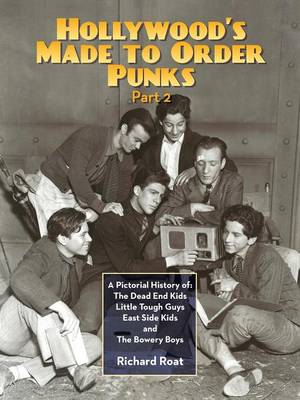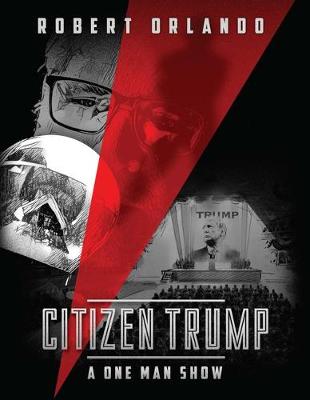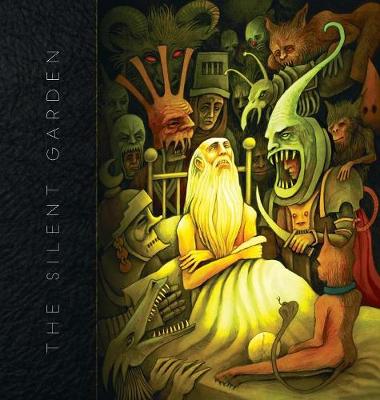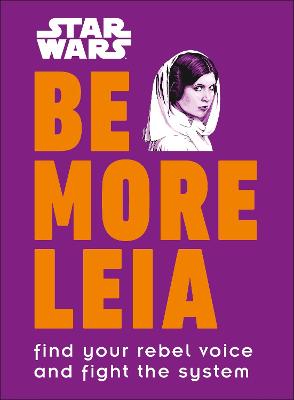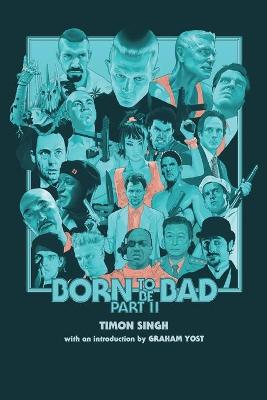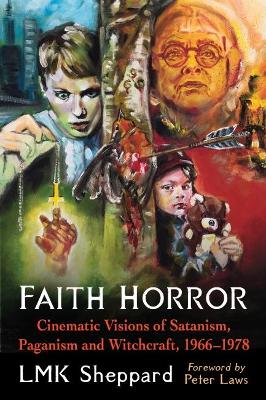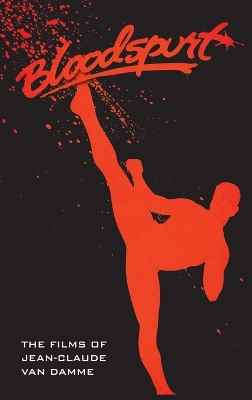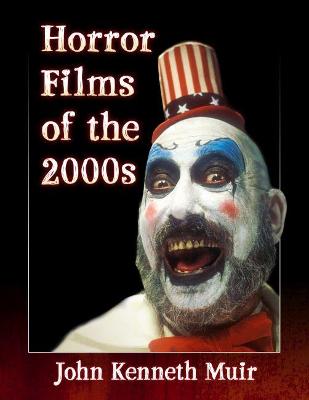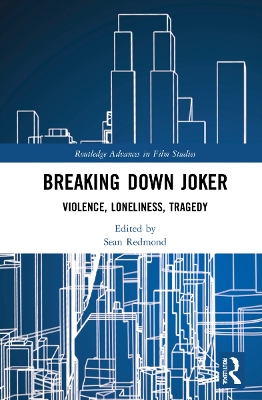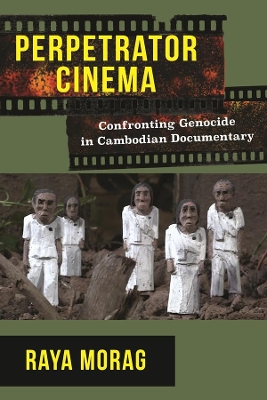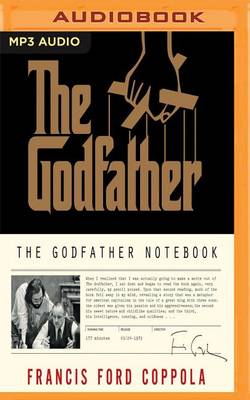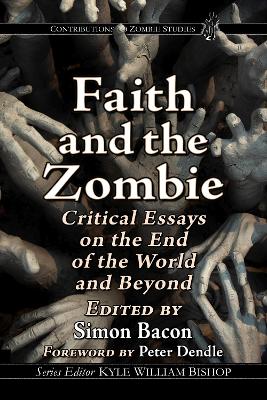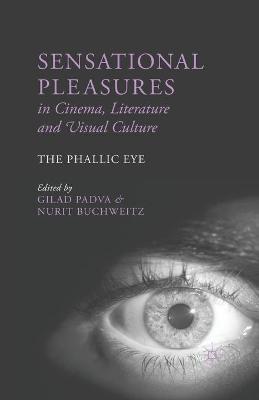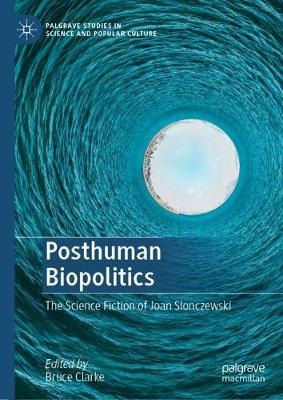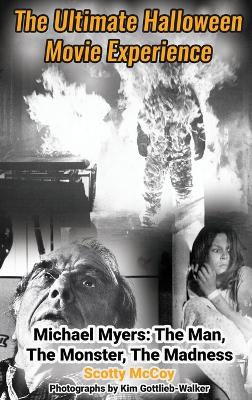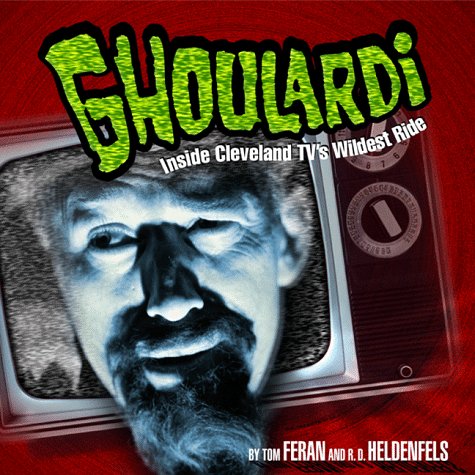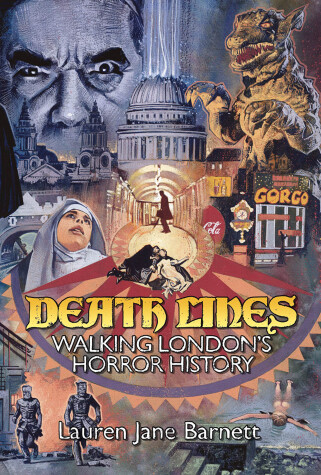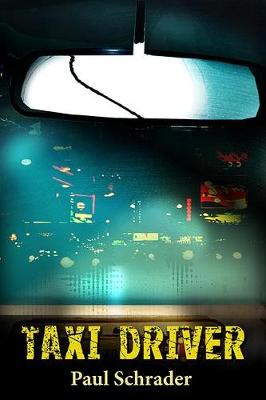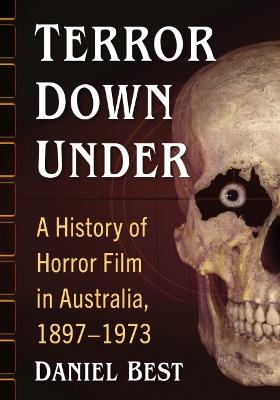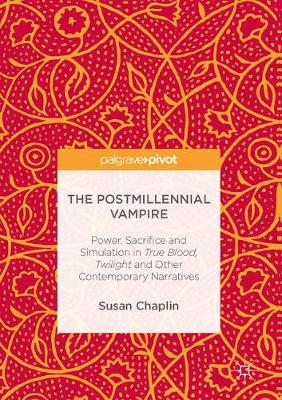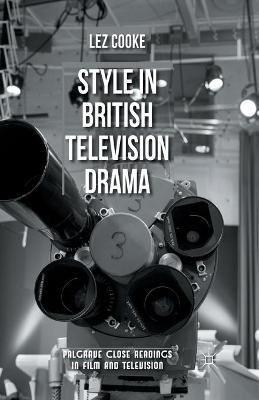"Trump knew from early on that he who controls the story controls the world." Writer/director Robert Orlando, locked down during the Covid-19 pandemic, learned Citizen Kane was Trump's favorite film, and the parallels were astonishing. Both Kane and Trump are swaggering masters of media, and both claim to stand for the working man. "Orson Welles, the boy genius of Kane, was possessing me from the grave," states Orlando. In Orlando's acclaimed documentary Citizen Trump, we witness Trump, like...
This novelty Star Wars book is full of wise words and sage advice from the galaxy's leading rebel, Princess Leia, and many other brave, confident characters. Full of Star Wars quotes, witty advice and stills from the iconic films, this book will help with everything from starting a revolution to succeeding at life in a galaxy of mindless stormtroopers. General. Senator. Princess. Rebel. Feminist icon. Leia Organa is a legendary Star Wars symbol of what it means to stand up for yourself and fight...
Faith horror refers to a significant outcropping of mid-1960s and 1970s films and adaptative novels that depict non-Christian communities of evil doers and their activities. Before this period, the classical horror villain was ultimately ineffectual. The demonic monster was an isolated, lone individual easily vanquished by an altruistic Christian protagonist. Alternatively, the villain in faith horror is organized into identity-affirming, likeminded religious congregations that successfully over...
Horror films have always reflected their contemporary audiences' fears and anxieties. In the United States, the 2000s were a decade full of change in response to the 9/11 terrorist attacks, the contested presidential election of 2000, and the wars in Iraq and Afghanistan. These social and political changes, as well as the influences of Japanese Horror and New French Extremism, had a profound effect on American horror filmmaking during the 2000s. This filmography covers more than 300 horror films...
The Philosophy of Science Fiction Film
by Professor of Philosophy Emeritus Steven Sanders
Breaking Down Joker (Routledge Advances in Film Studies)
Breaking Down Joker offers a compelling, multi-disciplinary examination of a landmark film and media event that was simultaneously both celebrated and derided, and which arrived at a time of unprecedented social malaise. The collection breaks down Joker to explore its aesthetic and ideological representations within the social and cultural context in which it was released. An international team of authors explore Joker’s sightlines and subtexts, the affective relationships, corrosive ideologies...
Perpetrator Cinema explores a new trend in the cinematic depiction of genocide that has emerged in Cambodian documentary in the late twentieth- and early twenty-first centuries. While past films documenting the Holocaust and genocides in Yugoslavia, Rwanda, and elsewhere have focused on collecting and foregrounding the testimony of survivors and victims, the intimate horror of the autogenocide enables post–Khmer Rouge Cambodian documentarians to propose a direct confrontation between the first-g...
Themes of faith and religion have been threaded through popular representations of the zombie so often that they now seem inextricably linked. Whether as mindless servants to a Vodou Bokor or as evidence of the impending apocalypse, the ravenous undead have long captured something of society's relationships with spirituality, religion and belief. By the start of the 21st century, religious beliefs are as varied as the many manifestations of the zombie itself, and both themes intersect with vario...
Sensational Pleasures in Cinema, Literature and Visual Culture
This international collection focuses on the phallic character of classic and contemporary literary and visual cultures and their invasive nature. It focuses on thrillers, horror cinema, sexual art and photography, erotic literature, female and male body politics, queer pleasures, gender/cross-gender/transgenderism, CCTV and phallic ethnicities.
Posthuman Biopolitics (Palgrave Studies in Science and Popular Culture)
This volume presents the first collection of essays dedicated to the science fiction of microbiologist Joan Slonczewski. Posthuman Biopolitics consolidates the scholarly literature on Slonczewski's fiction and demonstrates fruitful lines of engagement for the critical, cultural, and theoretical treatment of her characters, plots, and storyworlds. Her novels treat feminism in relation to scientific practice, resistance to domination, pacifism versus militarism, the extension of human rights to no...
Human rights film festivals have been steadily growing in number in recent years. They are all bound by a common thread, human rights, and yet show distinctly different films. What leads them to be so different, and how is the universalism of human rights made sense by each?
The first walking guide to London’s role in the evolution of horror cinema, inspired by the city’s dark histories and labyrinthine architectures. Death Lines is the first walking guide to London’s role in the evolution of horror cinema, inspired by the city’s dark histories, labyrinthine architectures, atmospheric streetscapes, and uncanny denizens. Its eight walks lead you on a series of richly researched yet undeniably chilling tours through Chelsea, Notting Hill, Westminster, Bloomsbury, Cov...
In 1948, the Australian government banned the production, importation and exhibition of horror films in a move to appease religious communities and entertainment watchdogs. Drawing upon previously unseen government documents, private letters and contemporary newspaper accounts, this book is the first to extensively cover the history of censorship and the early production of horror movies in Australia. Beginning its examination in the late 19th century, the book documents the earliest horror film...
This book explores the idea that while we see the vampire as a hero of romance, or as a member of an oppressed minority struggling to fit in and acquire legal recognition, the vampire has in many ways changed beyond recognition over recent decades due to radically shifting formations of the sacred in contemporary culture. The figure of the vampire has captured the popular imagination to an unprecedented extent since the turn of the millennium. The philosopher Rene Girard associates the sacred wi...
Style in British Television Drama (Palgrave Close Readings in Film and Television)
by L. Cooke
This pioneering book provides detailed analysis of scenes from nine British television dramas produced between 1954 and 2001. Taking dinner table scenes as a recurring motif, the study analyses changes in televisual style with reference to production practices, technology, aesthetic preferences, and social and institutional change.
